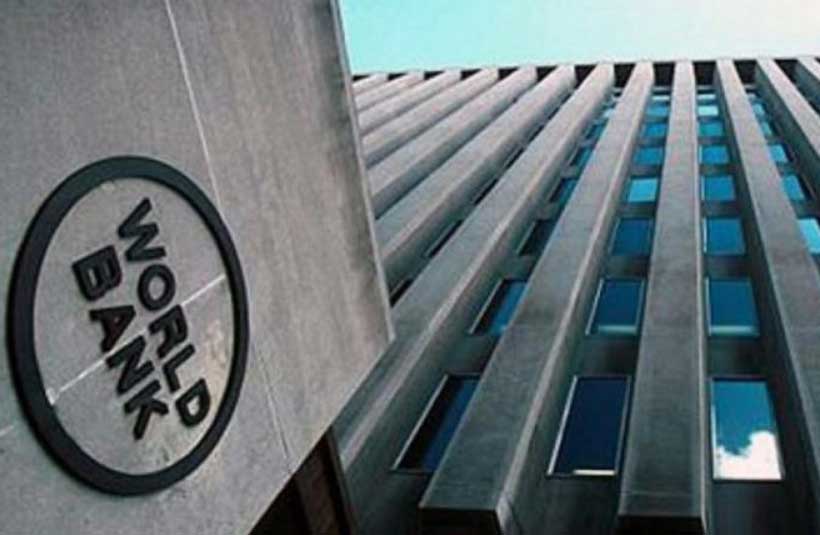
The Philippines has secured a new loan from the World Bank to provide long-term credit and prevent closures of firms, ensuring jobs amid the pandemic.
The World Bank’s Board of Executive Directors approved the US$400 million First Financial Sector Reform Development Policy Financing loan which aims to promote a more inclusive recovery of the economy.
This financing is a development policy loan (DPL) which provides quick-disbursing assistance to countries undertaking reforms. DPLs typically support policy and institutional changes needed to create an environment conducive to sustained and equitable growth as defined by borrower-countries’ own development agenda.
“Expanding financial inclusion through digital transformation will help individuals and firms increase access to essential financial services in economic recovery,” said Ndiame Diop, World Bank Country Director for Brunei, Malaysia, Philippines, and Thailand.
“The use of financial technology to improve access to finance by small and medium enterprises will help address urgent liquidity problems, thus limiting closures and bankruptcies and preventing widespread layoffs,” he added in a statement.
The World Bank said among the policy reforms supported by this DPL to enhance the stability, integrity and resilience of the financial sector are measures addressing legal, regulatory, and supervisory issues to improve prudential supervision of banks by the Bangko Sentral ng Pilipinas.
The DPL also aims to bring insurance legislation in the Philippines in line with global standards and ensure the long-term availability of credit to small and medium enterprises.
The Washington-based lender added the DPL supports reforms to promote innovative financial services by harnessing digital technologies to expand the reach of the financial sector to underserved segments of the population.
It added that the DPL aims to increase the reliability of credit information to support access to finance of small and medium enterprises.
“The health crisis, the economic impact of containment measures, and the global slowdown have increased the urgency for reforms, not only to ensure financial sector stability or financial inclusion, but also to support economic recovery and minimize the impact of future shocks particularly on poor and vulnerable segments of the population,” said Diop.
“In addition to providing timely financial resources to support government financing needs, the financial sector reforms supported under this loan will help meet the immediate needs of individuals and micro, small and medium enterprises under strain,” he added.
The DPL also aims to catalyze disaster risk and green finance by supporting the establishment of public-private partnership-based risk pooling mechanisms for catastrophe insurance to provide inclusive access to catastrophe risk insurance to businesses to adapt to climate-induced disasters.
It also supports financial sector resilience to climate-related shocks by integrating climate and environmental risks in financial institutions’ risk management frameworks and mobilizing finance for environment-friendly projects.
